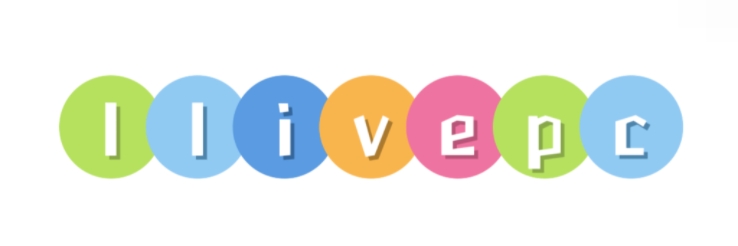Maximize Efficiency: Top Membrane Solutions for Water Industries
Nov. 26, 2025
In today's rapidly evolving landscape of water treatment, industrial sectors are increasingly turning towards advanced membrane technologies to maximize efficiency and sustainability. This shift is largely driven by the necessity to meet stringent regulations, manage water scarcity, and improve operational efficiency. As industries such as food and beverage, pharmaceuticals, and energy demand higher quality water for their processes, the procurement of industrial water treatment membrane products has become a critical focus for buyers.
If you are looking for more details, kindly visit Industrial Water Treatment Membrane Products(lo,ms,bn).
Membrane filtration systems provide several advantages over traditional water treatment methods. They are known for their effectiveness in separating contaminants from water, which includes bacteria, viruses, and dissolved solids. Notably, reverse osmosis (RO), ultrafiltration (UF), and microfiltration (MF) are the three primary membrane technologies utilized in industrial applications. Each type offers unique benefits that cater to the specific needs of various industries.
The current purchasing landscape for industrial water treatment membranes requires an understanding of both technological advancements and market dynamics. Buyers must be well-versed in the merits of different membrane products, as well as the suppliers that offer these innovations. With numerous manufacturers entering the market, it is essential to assess product performance, reliability, and the level of technical support available. This is particularly important for long-term investments, as the total cost of ownership can vary significantly based on maintenance requirements and membrane lifespan.
In addition to technology selection, another key factor influencing membrane procurement is the regulatory environment. Industries are facing increasingly stringent regulations concerning water discharge and quality. This drives the need for effective treatment solutions that not only meet compliance but also enhance overall production efficiency. It is crucial for buyers to stay informed about local and international regulations, as well as emerging standards, to ensure that the membranes they purchase will satisfy current and future requirements.
From a supply chain perspective, establishing strong relationships with reliable suppliers can greatly impact the procurement process. Buyers often look for suppliers that provide not only high-quality products but also comprehensive technical support and training. This collaboration is vital for optimizing system performance and ensuring that operators can effectively manage membrane technology over the long term. Additionally, suppliers that offer customization options for membrane systems allow industries to tailor solutions to their specific needs, further enhancing efficiency.
Featured content:What Are Wastewater Treatment Tanks and How Do They Work?
Hydron contains other products and information you need, so please check it out.
Sustainability is another driver shaping the landscape of industrial water treatment membrane procurement. Companies across various sectors are embracing environmentally responsible practices, leading to an increased demand for membranes that support water recycling and reuse initiatives. By investing in advanced membrane technologies, industries are not only improving their operational efficiency but also contributing to water conservation efforts. As a result, membrane suppliers that prioritize sustainability in their offerings are likely to gain a competitive advantage in the market.
Technological advancements are also pivotal in influencing the purchasing decisions of buyers. Innovations such as membrane bioreactors (MBRs) and forward osmosis (FO) are gaining traction, providing new avenues for efficiency and effectiveness in water treatment. These emerging technologies often harness the benefits of compact system designs, lower energy consumption, and improved water quality. Buyers who stay abreast of these innovations are better equipped to make informed purchasing decisions that will meet their operational goals.
Finally, the trend of digital transformation is reshaping how industries approach water treatment solutions. Through data analytics and IoT (Internet of Things) integration, companies can monitor their water treatment processes in real time, leading to proactive maintenance and reduced downtime. Buyers are increasingly seeking membrane solutions that incorporate these smart technologies, which can significantly enhance the efficiency of industrial water treatment operations.
In conclusion, the landscape of purchasing industrial water treatment membrane products is complex and multifaceted. Buyers must navigate technological advancements, regulatory requirements, supplier relationships, and sustainability initiatives to optimize their purchasing decisions. As the demand for efficient and effective water treatment solutions continues to rise, it is imperative for buyers to leverage these insights to maximize their procurement strategies. The pursuit of innovative membrane technologies not only promises to address current challenges but also sets the stage for a more sustainable and efficient future in the industrial water treatment sector.
With competitive price and timely delivery, Hydron sincerely hope to be your supplier and partner.
73
0
0


Comments
All Comments (0)